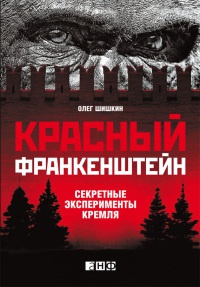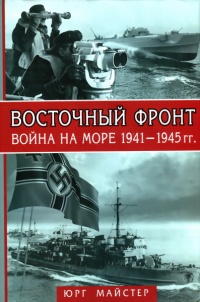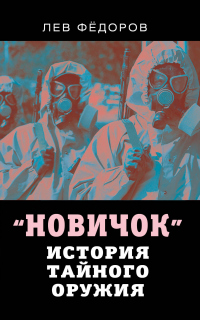Книга Красный флаг. История коммунизма - Дэвид Пристланд
На нашем литературном портале можно бесплатно читать книгу Красный флаг. История коммунизма - Дэвид Пристланд полная версия. Жанр: Книги / Историческая проза. Онлайн библиотека дает возможность прочитать весь текст произведения на мобильном телефоне или десктопе даже без регистрации и СМС подтверждения на нашем сайте онлайн книг knizki.com.
Шрифт:
-
+
Интервал:
-
+
Закладка:
Сделать
Перейти на страницу:
Перейти на страницу:
Внимание!
Сайт сохраняет куки вашего браузера. Вы сможете в любой момент сделать закладку и продолжить прочтение книги «Красный флаг. История коммунизма - Дэвид Пристланд», после закрытия браузера.
Книги схожие с книгой «Красный флаг. История коммунизма - Дэвид Пристланд» от автора - Дэвид Пристланд:
Комментарии и отзывы (0) к книге "Красный флаг. История коммунизма - Дэвид Пристланд"
























